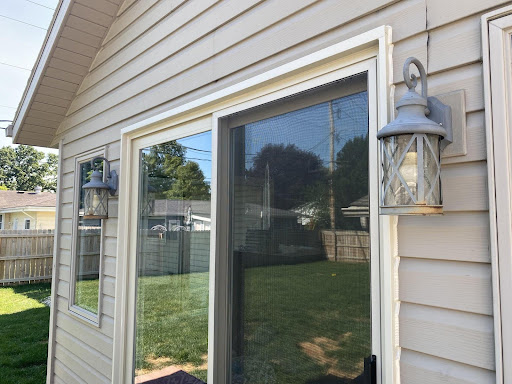Can You Reopen a Closed Case: What the Law Says About Workers’ Compensation
Can a closed case ever really be considered finished? When it comes to workers’ compensation, the law makes room for new evidence, worsening medical conditions, or even administrative mistakes that could give an injured worker a second chance. This article explores how the process works, what the law allows, and why it’s often in your best interest to revisit a case if your situation changes. Many people search to find best workers compensation attorney philadelphia when facing these challenges, because having the right guidance can make all the difference. Think of it as hitting the “rewind” button on justice, with the hope of rewriting your outcome for the better.
Understanding Why Cases Close in the First Place
Workers’ compensation cases don’t just vanish into thin air, they usually close because a settlement is reached, benefits are fully paid, or a doctor determines that an injured worker has reached maximum medical improvement. But closure doesn’t always mean the end of the story.
Sometimes injuries worsen with time, or new treatments become available that weren’t considered when the case was resolved. In other instances, a clerical or legal error might have left benefits unpaid or miscalculated. This is where the law steps in to allow reopening.
The Legal Door to Reopening a Case
The law recognizes that life isn’t static, and neither are injuries. Most jurisdictions give injured workers the right to petition for a case to be reopened under certain conditions.
Common Legal Grounds for Reopening
While rules vary by state, some of the most common reasons for reopening a case include:
- Worsening of the injury: If your condition deteriorates after the case closes, you may be eligible for additional benefits.
- New medical evidence: Discovery of a condition or complication directly related to your work injury can justify a second look.
- Fraud or mistake: If benefits were wrongly denied due to clerical error or misleading information, reopening the case may correct the injustice.
Fun fact: In some states, workers can reopen cases up to five years after closure, while in others, there may be no time limit at all if fraud is involved.
Workers’ Compensation Works in Your Favor
Unlike many areas of law, workers’ compensation is designed to help employees rather than penalize them. It’s a system built on the principle of fairness, making sure that when injuries evolve, benefits evolve too. This positive framework is one of the reasons why reopening a case isn’t rare. Courts and commissions tend to favor employees who can prove their situation has changed, especially when it impacts their ability to work and support their families.
For easier orientation, you’ll also find a visual guide just below that can point you in the right direction:
Practical Steps to Reopen a Closed Case
Before rushing back into the legal process, it’s helpful to know what steps usually apply. Every case is unique, but here are general guidelines:
- Consult your doctor: Medical documentation is the backbone of reopening a case. A physician’s testimony about worsening symptoms can carry significant weight.
- File a petition or motion: Typically, you’ll need to submit a formal request to the workers’ compensation board in your state.
- Act quickly: Statutes of limitations may apply, and missing a deadline could close the door for good.
- Seek legal help: An experienced workers’ compensation lawyer can evaluate your situation and represent your interests effectively.
Interesting fact: Many workers’ comp attorneys only get paid if you win, which reduces financial stress when considering reopening a claim.
When Reopening Might Not Be Possible
Not every case qualifies for a second look. For example, if you signed a full and final settlement waiving your right to future claims, the court may consider the matter permanently resolved. This is why legal guidance at the settlement stage is so crucial, future medical complications aren’t always predictable.
Still, even in these cases, some exceptions exist. Fraud, coercion, or evidence that a settlement wasn’t legally valid could still give you grounds to revisit the case.
Why It Matters to Fight for Reopening
Reopening a workers’ compensation case isn’t about being difficult or greedy, it’s about fairness and survival. If your condition has worsened, your ability to work and live comfortably is at stake. Workers’ compensation laws were created to protect employees in exactly these situations.
Think of it this way: just as you wouldn’t expect a cracked bone to heal overnight, the law doesn’t expect an injury’s consequences to remain frozen in time. Reopening ensures that justice moves with reality, not against it.
Closed doesn’t always mean over. The law provides opportunities for workers to reopen cases when medical conditions worsen, evidence emerges, or mistakes come to light. If you’re struggling after an injury that was once “resolved,” revisiting your workers’ compensation claim could be the best step toward recovery and financial stability.
And here’s a curious tidbit: some of the earliest workers’ compensation laws date back to ancient Sumeria, around 2050 BC, where injured workers were compensated with silver. It goes to show that societies have long recognized the importance of protecting workers when their health and livelihoods are on the line.







